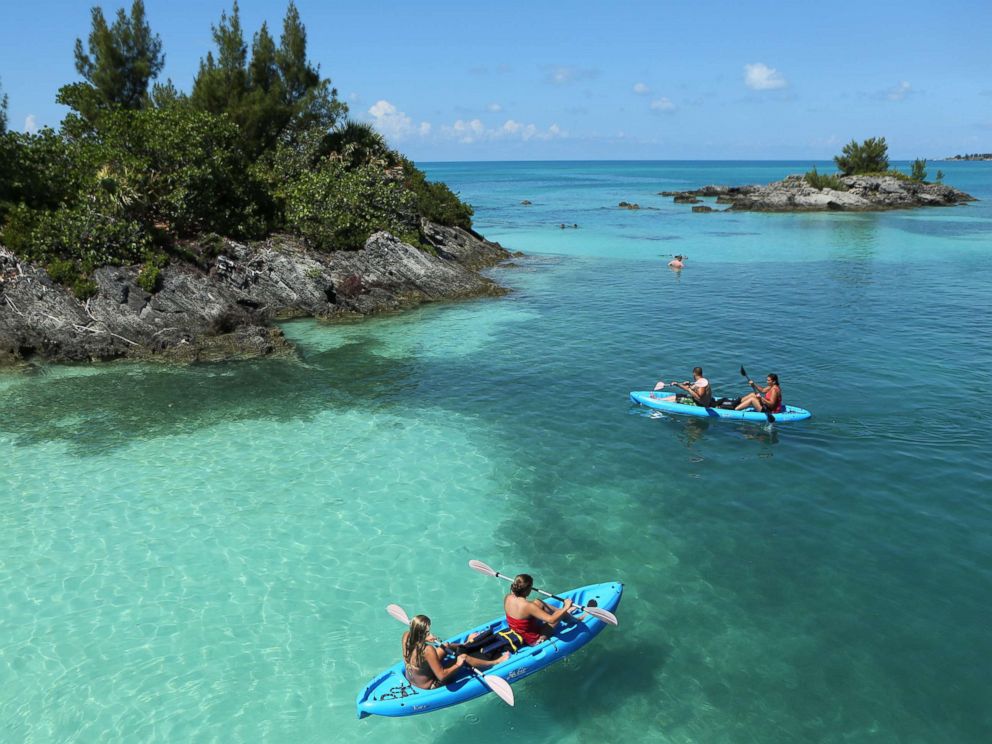What US students should know about traveling abroad in light of rugby player’s mysterious death in Bermuda
U.S. student's mysterious death a reminder to travel abroad with care.
Police are still investigating the mysterious death of Mark Dombroski, a U.S. student who disappeared in Bermuda this weekend during his college rugby team’s visit before his body turned up in a ditch.
Whatever the particular circumstances in the case, there’s no shortage of advice for U.S. students in need of tips for how to navigate other countries safely.
"Whether you are a young person or a parent of a young person, the advice is always the same,” said president Kris Holloway of CIS Abroad, which arranges study-abroad programs and international internships.
“Do you have each other's cellphone numbers? Have you created a plan to make sure you are watching out for each other? You have to talk to the locals of wherever you are going. Are there certain areas you want to avoid?"

Holloway also directs students to the U.S. State Department's website for additional guidance.
The State Department, with safety in mind, recently released a list of tips for people traveling for spring break, though they appear to be useful for any time of the year.
The agency recommends that people be informed about their destinations and familiarize themselves with the laws and customs there.

It also suggests that students be aware of travel advisories that may affect their trips.
The State Department encourages travelers to sign up for the Smart Traveler Enrollment Program, STEP, to make a connection with the nearest U.S. Embassy or Consulate. That makes it easier for travelers to be contacted in the event of an emergency.
Travelers also need to make sure their insurance covers them when they’re aboard, according to the State Department. Foreign hospitals and doctors can charge thousands of dollars for emergency treatment. The State Department also recommends that travelers look into buying supplemental insurance to cover unexpected expenses.
ABC News' Amanda Maile contributed to this report




